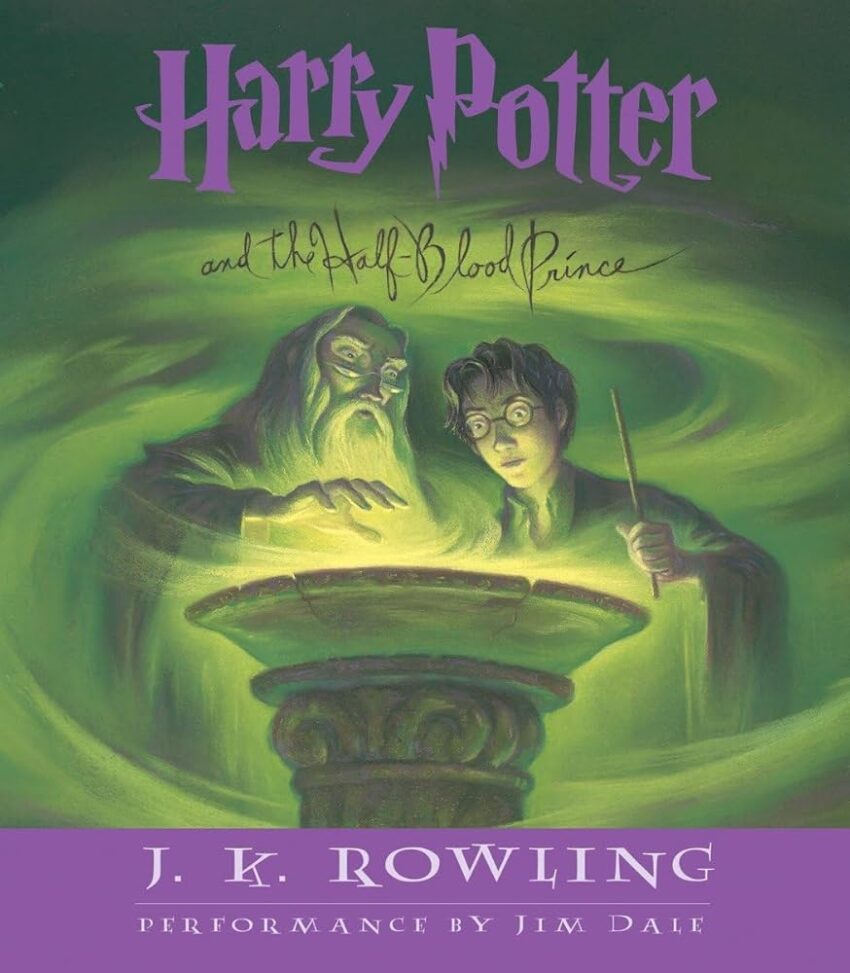In recent years, the Duke of Sussex has opened up like never before, shedding the constraints that once defined his role within the royal family.
Since relocating to California and gaining financial independence, Prince Harry has embraced a more candid approach to sharing his thoughts and emotions.
After spending much of his life under the intense scrutiny of the public eye, he is now taking control of his narrative.
Harry’s willingness to share his story is evident in various platforms, including his best-selling memoir, “Spare,” and his high-profile interview with Oprah Winfrey in 2021.
Not to mention, the six-part Netflix documentary series that offers an intimate look at his life with Meghan Markle.
Through these mediums, he has not shied away from discussing his past mistakes, including what he considers his most significant blunder.
The Netflix series provides a heartfelt glimpse into Harry and Meghan’s love story, highlighting the challenges they faced amid relentless public scrutiny.
It also chronicles their decision to settle in California, where they could create a nurturing environment for their growing family.
However, not all memories are filled with warmth; one particular incident from 2005 has haunted Harry for years.
During a fancy dress party, Harry made headlines for wearing a Nazi costume, a choice he now labels as one of the worst decisions of his life.
The embarrassment he felt afterward was profound, and he has openly expressed how humiliated he was by that moment.
This experience became a turning point for him, prompting a journey of reflection and education.
In the aftermath of the incident, Harry traveled to Berlin, seeking to understand the impact of his actions.
There, he met with Holocaust survivors, hoping to glean wisdom from their harrowing stories.
Additionally, he had a significant conversation with the Chief Rabbi of Britain, who helped him navigate the emotional fallout from his mistake.
Harry recounted this encounter in “Spare,” revealing how the Chief Rabbi urged him not to dwell in despair but rather to channel his experiences into positive change.
The Rabbi’s words resonated with Harry, encouraging him to lift his head high and transform his regret into a force for good, despite his feelings of self-loathing.
Reflecting on his visit to Berlin, Harry described the haunting atmosphere, claiming he could almost hear the echoes of pain and suffering carried by the wind.
He recognized that his choice of costume represented a failure—not just in judgment but in understanding the weight of history.
This realization marked a pivotal moment in his journey toward self-improvement.
Acknowledging the importance of education, Harry emphasized that learning should extend beyond formal schooling.
